#RedLightCameras
TTAC Rewind: When He Fought the Law -- And The Law Lost
Today's rewind for your afternoon perusal is a feature Steph wrote about a man who fought the state of Oregon all so he could call himself an engineer. This was part of a larger fight over the timing of yellow lights and red-light cameras.
Driving Dystopia: Speed Camera Rule Change Creates Ticketing Explosion in Chicago
At the start of the year, the city of Chicago announced that it would be changing rules pertaining to traffic enforcement as part of Mayor Lori Lightfoot’s updated 2021 budget package. But the one that was causing the most concern among motorists was a provision to have speed cameras issue tickets to anybody traveling 6 miles an hour over the posted limit, rather than the previous cutoff of 10 MPH. While just a singular aspect of the city’s plan to resolve a $1.2-billion deficit, it turned out to be one of the most controversial items and appears to have resulted in a tenfold increase in fines.
According to local affiliate CBS Chicago, data from a public records request indicated that during the 36-day period before and after the change took effect on March 1st, citywide ticketing went up from 35,784 citations in the weeks before to a massive 398,233 in the proceeding weeks.
You Can Fight Oregon and Win: Five-year Battle Sparked by Red Light Ticket Ends
We’ve told you before about the legal saga of Mats Järlström, a Swedish-born man living in the green and uber progressive state of Oregon. A few years ago, Järlström found himself in the crosshairs of the Oregon Board of Examiners for Engineering and Land Surveying after performing and submitting an analysis of his town’s traffic light timing — specifically, the duration of the amber light cycle.
What ensued was a constitutional legal battle over over the ability to refer to one’s self as an expert in the field of their expertise; in this case, engineering.
This all came about after Järlström’s wife received a red light camera ticket.
No Fixed Abode: Here Comes The Private-Private Partnership
If you’re a driver in a major urban area, you probably already know all about the nasty creature known as the “public-private partnership.” In a nutshell, it’s a way for a private company to make money by issuing you citations on behalf of a municipality. There isn’t space on these electronic pages to detail the many ways in which public-private partnerships have veered off the tracks into profiteering, racketeering, bribery, and many other forms of outright criminality. In a way, it’s entirely appropriate; after all, the original “public-private partnership” was the European Letter Of Marque that permitted any yahoo with a sailboat and a cannon or two to become a “privateer” — in other words, a pirate.
It seems only reasonable that someone would eventually come up with a “private-private partnership” that uses technology to defend the hapless motorist rather than burden him further. Something similar happened years ago with radar and laser guns: insurance companies, including GEICO, gave free laser guns to the police in the hopes that the guns would be used to write tickets and thus enable them to raise the rates of their customers. At the same time, Cincinnati Microwave and other companies were selling radar detectors that cost more than a speeding ticket but less than the inevitable insurance hike.
The modern successor to Mike Valentine and Cincinnati Microwave: A 19-year-old with a website, of course.
Oregon Man Wins Three-year-long Constitutional Battle Sparked by Red Light Camera Ticket
You can’t fight city hall, they say, but you can fight the state of Oregon — and win.
That’s what one man, Mats Järlström, found out after a dogged fight against the Oregon State Board of Examiners for Engineering and Land Surveying. The epic constitutional battle, which pitted a former electronics engineer against an overzealous bureaucracy, began when his wife received a ticket for running a red light.
Oregon Red Light Ticket Objector, Clearly a Glutton for Punishment, Continues Fight
How far would you go in fighting a red light camera ticket? It’s possible that a few motorists who feel especially victimized might schedule an appearance at the courthouse to protest the photographic evidence, but surely no one would spend four years on the case.
Not Mats Järlström, a Beaverton, Oregon resident and man of principle.
Järlström, whose name sounds like a delicious, smoky cheese, made headlines in 2013 when he filed a federal civil rights lawsuit in protest of his wife’s red light camera ticket, arguing that the amber light cycle at the intersection wasn’t suitably lengthy. Now, the stubborn man has his name on another lawsuit — this one against the Oregon State Board of Examiners for Engineering and Land Surveying.
Mr. Järlström is not an engineer, the board claims. Not so fast, says the dogged litigant.
Law Professor Fights TraffiCam Ticket, Hilarity Ensues
Abraham Lincoln said that someone who represents themselves in a legal proceeding has a fool for a lawyer. Somewhat removed from his popular homespun image is the historical fact that Honest Abe was an experienced, high-powered attorney whose clients included entities like railroad companies. The man knew a thing or two about the practice of law.
The same can probably be said about Adam MacLeod, who teaches law students how to litigate at Faulkner University’s Thomas Goode Jones School of Law. Prof. MacLeod not only risked living down to Lincoln’s aphorism, he also violated many of the rules that he teaches his students how to act in court when he fought a ticket generated by a traffic camera in Montgomery, Alabama.
Study Shows Red Light Cameras Reduce Accidents, so Why the Hate?
There’s few feelings more stomach-churning than looking up from your mirror (or radio) and seeing an amber light looming ahead. Do you go for it, or hit the brakes? If the intersection boats red light cameras, the potential fines make a good argument for mashing the pedal on the left.
That’s how the cameras are supposed to work, and a study by the Insurance Institute for Highway Safety finds they do just that. The paper, funded by auto insurers, says removing red light cameras at intersections leads to more collisions.
So, why are some cities scrapping their red light camera programs?
Corrupt Red Light Camera Company Sued By Chicago for $300M
Chicago wants $300 million from the company it hired to photograph, ticket and follow drivers after it was revealed that executives bribed city officials for the contract, the Chicago Tribune is reporting.
Executives for Redflex paid over $2 million to city officials through a bag man for the $124 million contract from the city, which started in 2003. City officials are suing for roughly triple that amount, including penalties.
Redflex has been accused of handing out thousands of unnecessary tickets to motorists, including 13,000 in Chicago alone, according to the Tribune.
The Redflex Bribery Scandal Reaches Ohio
It’s the kind of disgraceful corruption that would have seen its perpetrators swinging from a tree in a more forthright age: an alleged $2 million bribery program that has already seen a Redflex consultant plead guilty to charges of delivering over $570,000 in cash and other bribes to Chicago’s former managing deputy commissioner of transportation. (Chicago Mayor Rahm Emmanuel, who was long, ahem, a tireless ally of Redflex before reluctantly ending the city contract with the firm when all the evidence on the issue because too obvious to be ignored any further, was re-elected in a runoff election recently.)
But the blood-soaked hands of Redflex, whose cameras often increase accidents at the intersections where they are making money for the company, have been putting money in other pockets outside Chicagoland.
More Legislators Move To Ban Red Light Cameras
The bane of many a motorist and freedom advocate alike, the red light camera’s days may be drawing to a close as more governments move to ban them.
Support For Automated Enforcement Only So-So Among Americans
While use of red-light and speed cameras are on the wane, support for automated enforcement depends upon where and who the constituent is.
Chicago's Yellow Light Intervals Generating More Fines
Ever notice how the traffic lights in Chicago switch from yellow to red quicker than in other cities? That’s because the city changed the formula.
ACLU Challenges Arrests For Headlight-Flashing To Warn Of Speed-Traps
There is more wacky traffic enforcement news coming out of Missouri this month than any other state. Last week, the Missouri attorney general began proceedings to shut down the ability of thirteen speed-trap-infested towns to generate excessive revenue from traffic tickets. Also last week, the cities of O’Fallon, Lake Saint Louis and St. Peters filed suit against St. Charles County saying its residents illegally voted for a ban on red light cameras. The suit actually admitted that the rationale was the potential loss of revenue rather than due to any safety concerns. Even better, the former mayor of St. Peters was convicted in 2006 of accepting cash kickbacks from a red light camera company. (For a truly astounding list of government officials who have been caught taking bribes from photo enforcement companies, go here.)
The big story is that the Missouri ACLU is going after the police department in the Kansas City suburb of Grain Valley for issuing tickets to motorists who tried to warn other drivers of speed-traps by flashing their headlights or high beams. My first thought was: wow, people really still do that?
B&B Reject Red-Light Cameras In Three States On Election Night
Tuesday, the B&B made their voice known on the issues affecting them, including a set of referendums on the infamous red-light traffic camera.



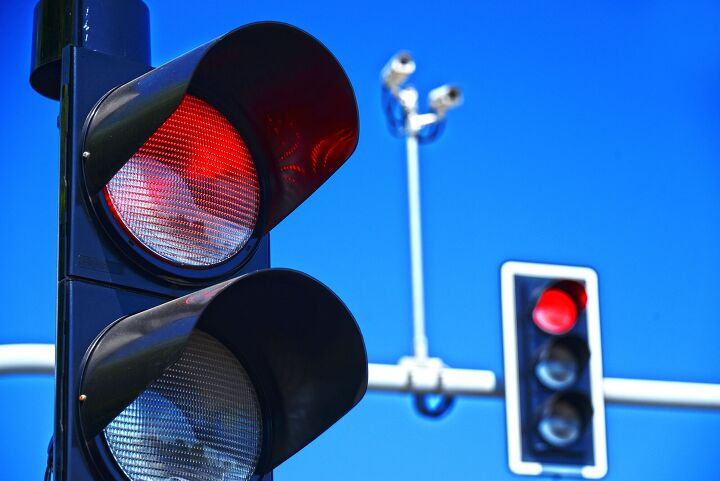
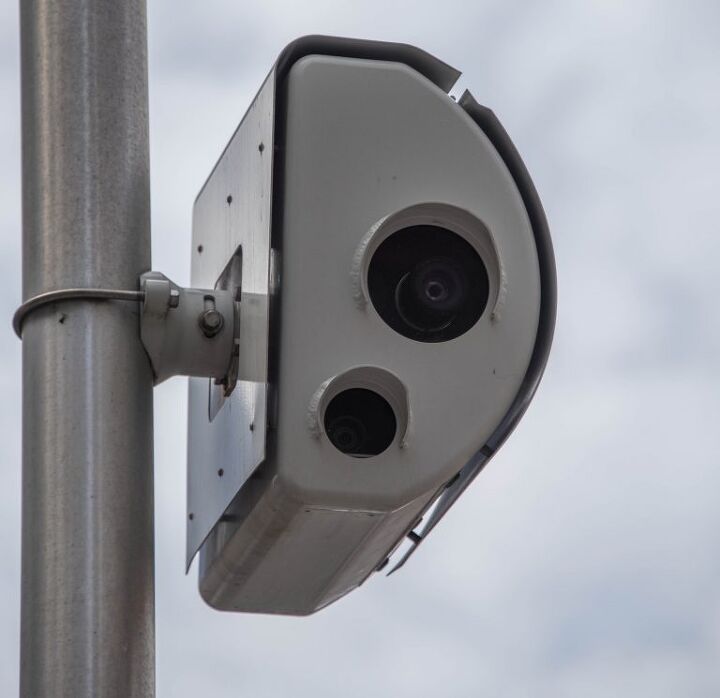


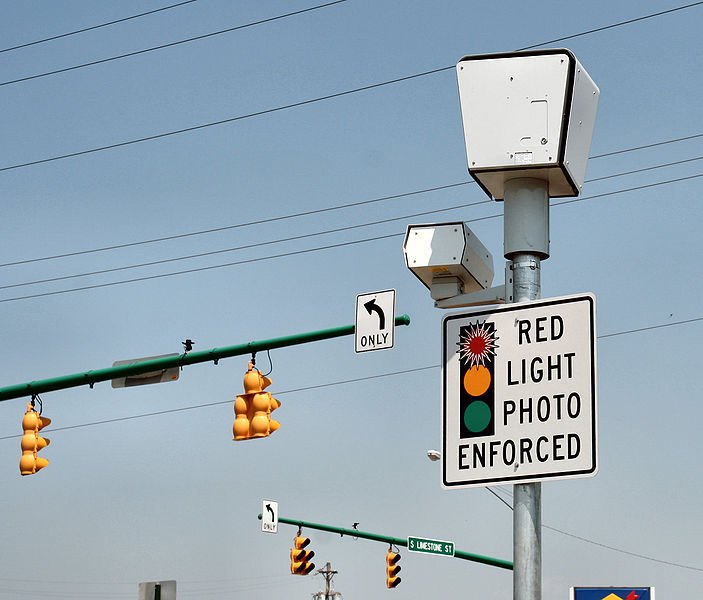

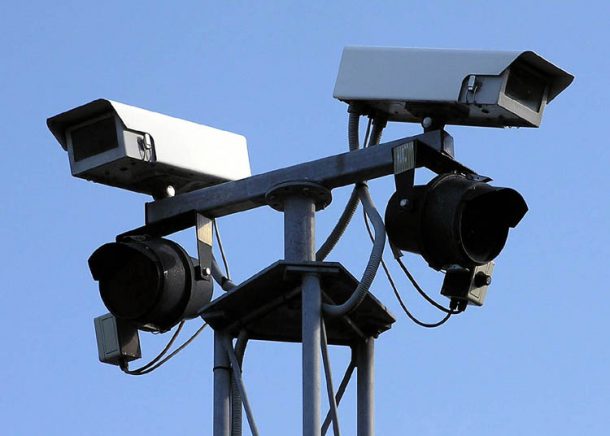

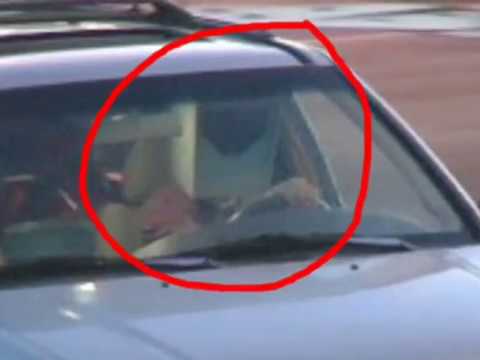

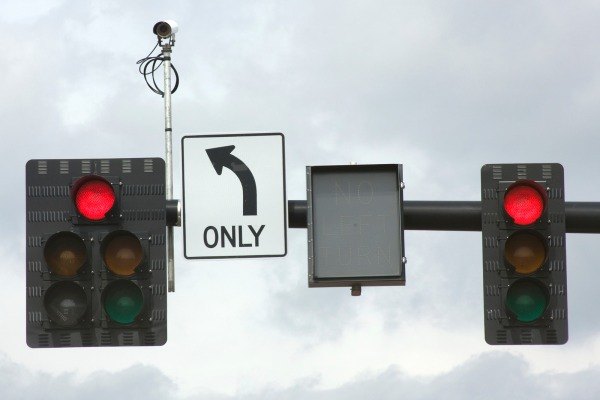













Recent Comments